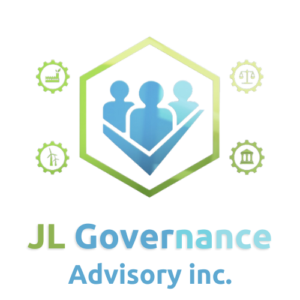DEI (Diversity, Equity, and Inclusion) and ESG (Environmental, Social, and Governance) are two important frameworks that organizations use to address key aspects of their operations, values, and impact on society. They are increasingly recognized as critical components of a company’s strategy for long-term success and sustainability.
Diversity: This refers to the presence of a variety of different demographic groups within an organization, including race, gender, age, ethnicity, sexual orientation, and more. It’s about ensuring that the workforce represents a broad spectrum of backgrounds and experiences.
Equity: Equity is about ensuring fairness and impartiality in all aspects of an organization’s operations. It means providing equal opportunities and addressing systemic biases to create a level playing field for all employees.
Inclusion: Inclusion goes beyond just having diverse representation. It means creating a work environment where every individual feels valued, heard, and included. It’s about fostering a culture of belonging.


Environmental: This focuses on a company’s impact on the environment, including its efforts to reduce carbon emissions, conserve resources, and address climate change. It also involves assessing a company’s environmental risks and opportunities.
Social: The social aspect of ESG deals with how a company interacts with society. It includes issues such as labor practices, community engagement, human rights, and product safety.
Governance: Governance relates to the company’s internal controls, leadership, and decision-making processes. It encompasses issues like board diversity, executive compensation, ethics, and transparency.
Both DEI and ESG considerations help a company identify and mitigate risks. Environmental and social risks can impact a company’s reputation and financial performance, while failing to address diversity and inclusion can lead to legal and reputational risks.
Embracing DEI and ESG principles can enhance a company’s reputation and brand image. Consumers and investors increasingly prefer to support companies that align with their values and are socially responsible.
A diverse and inclusive workforce can drive innovation by bringing together people with different perspectives and ideas. ESG considerations can lead to new products and services that are more sustainable and aligned with market trends.
DEI efforts can improve employee engagement and retention by creating a more inclusive and fair workplace. Companies that prioritize social responsibility and sustainability often attract and retain top talent.
To build a governance framework that incorporates DEI and ESG principles, consider the following steps:
Ensure that senior leadership is committed to DEI and ESG goals, and that these principles are integrated into the company’s mission and values.
Develop and implement policies and practices that promote diversity, equity, inclusion, environmental responsibility, and ethical governance.
Establish key performance indicators (KPIs) and reporting mechanisms to track progress on DEI and ESG goals. Regularly communicate these results to stakeholders.
Provide training and education for employees and leadership to promote awareness and understanding of DEI and ESG issues.
Engage with stakeholders, including employees, customers, investors, and the community, to gather feedback and ensure alignment with their expectations.
Integrate DEI and ESG considerations into your overall business strategy, including decision-making processes, product development, and risk management.
Consider seeking external certifications or ratings from organizations that assess ESG performance to demonstrate your commitment to these principles.
Regularly review and update your governance framework to adapt to changing societal expectations and business conditions.
Incorporating DEI and ESG principles into your company’s governance framework is not only a responsible approach but can also lead to long-term success, improved financial performance, and positive societal impact.

Bridging strategy with ethics, propelling businesses to sustainable leadership. Your blueprint for impactful change. Elevate with us.
Copyright © 2023 JL Governance Advisory Inc.